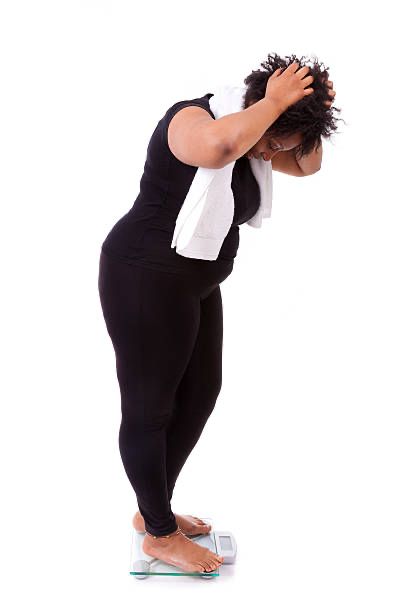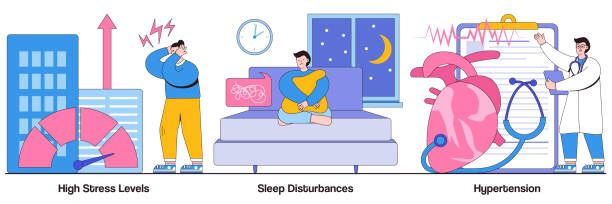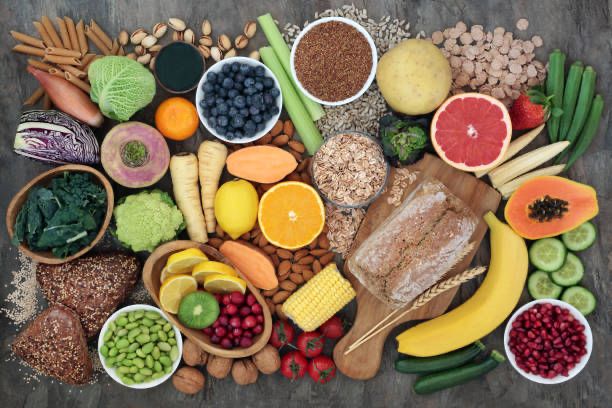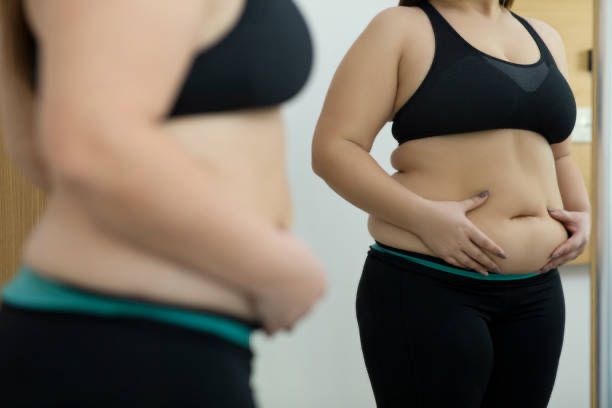
Dietary fiber is an often overlooked nutrient, it is the indigestible material found in fruits, vegetables, whole grains, and legumes. It is both extremely filling and packed full with health benefits, making it a vital component of every diet. And when you’re not consuming enough fiber, things might be going awry in your body that you’re totally unaware of. Furthermore, not getting enough fiber can increase your risk of weight gain and heart disease and many people consume less than half the recommended daily intake!
These following signs tell you you need more dietary fiber.
You always want to sleep.

Besides upping your risk for diabetes, seesawing blood sugar levels can also leave you feeling lethargic—even if you got plenty of shut-eye the night before. When you don’t eat enough dietary fiber, your body digests simple carbohydrates more quickly, which are then released into your bloodstream rapidly. To keep your energy and blood sugar levels stable throughout the day, reach for a fiber-filled source of complex carbs with a bit of protein and fat.
Feeling backed up in the loo.

Constantly feeling “backed up” in the bathroom may be a sign you’re coming up short on fiber, says Dr. Ilyse Schapiro. Having a fiber-rich diet allows more water to remain in your stool, making it easier to pass through your intestines. When we don’t get enough fiber, it slows down our digestive system and makes it harder for us to eliminate our waste.
Increased weight gain

When we don’t eat enough dietary fiber, we tend to be hungrier and are more prone to overeating. As you can assume, with overeating comes weight gain. So the opposite is true: when you do eat fiber, you’ll feel fuller and can lose weight.
Increased Cholesterol levels.

The less soluble fiber you consume (that’s the kind found abundantly in oatmeal, beans, and brussels sprouts), the higher your risk for high cholesterol climbs. Scientists hypothesize that fiber acts like a magnet as it moves through the intestine, attracting and carrying out the artery-clogging plaque that would otherwise spike cholesterol levels.
When testing shows you have other nutrient deficiencies.

If you’re not eating fiber-rich foods like whole grains, legumes, fruits, and veggies, there’s a good chance you also may not be getting enough of the other health-protective nutrients found in those foods. A multi-vitamin and a well-rounded diet can likely help you get back on track towards better health.
Always Hungry

Getting hungry soon after you’ve had a rather heavy meal is a sign to look out for. Fiber helps to slow the digestion process and keep your blood sugar levels stable, helping you feel fuller for longer. Plus, when a specific type of fiber, soluble fiber, is fermented in the large intestine, your body produces two gut hormones that play a role in inducing satiety. Adding a fiber-rich food like avocados, beans, brown rice, and pears to your meals and snacks will help keep those post-meal tummy rumbles at bay—and can subsequently aid weight loss efforts.
You’ve recently developed diabetes.

People who regularly eat low-fiber, fast-digesting high-glycemic foods like white bread, cookies, soda, and white rice, are more than twice as likely as those who regularly consume the nutrient to develop type 2 diabetes. On the other hand, those who consume the highest amount of fiber, and cereal fiber, in particular, have the lowest risk of diabetes, according to a recent review. What’s the connection? Foods rich in fiber help to prevent blood sugar and insulin spikes that over time could lead to diabetes.
You’ve been diagnosed with heart disease.

When your cholesterol levels are out of a healthy range as a result of a low-fiber diet or otherwise; it can increase your risk of heart disease and stroke. This happens because both stroke and heart disease are brought on by the buildup of plaque in the arteries.
You regularly suffer from gastrointestinal issues, like bloating
It sounds counterintuitive, but you can feel bloated when you don’t eat enough fiber just like how you can feel bloated when you eat too much fiber. In fact, the two are linked. Typically, you feel bloated after eating too much fiber because your diet is lacking in fiber to begin with.

Fiber is an indigestible carb, which means that your body doesn’t break it down to use for energy. Instead, your body uses it as either bulk for your stool or as food for your healthy bacteria. As the bacteria break down the fiber, it releases gas, which can cause bloating. If you haven’t been feeding your good gut bugs in a while, it may take them a while to figure out how to break this food down again. That’s why dietitians recommend increasing your fiber intake slowly.

